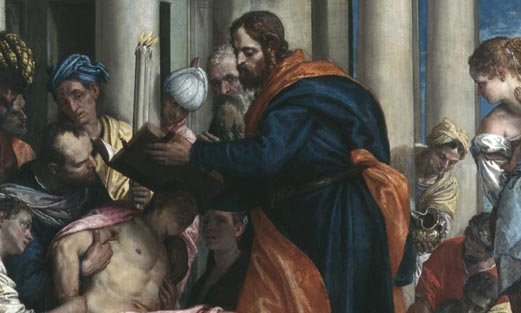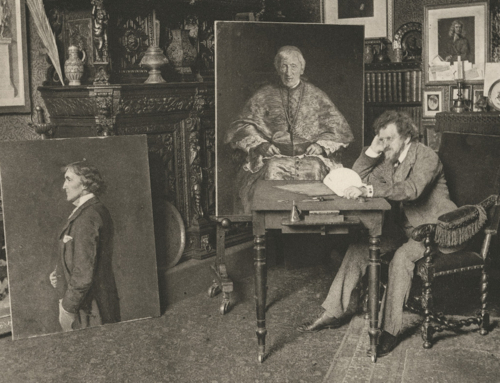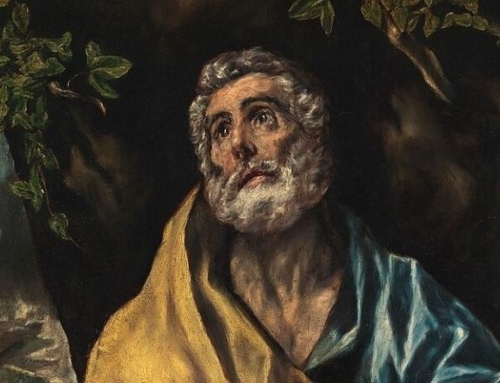In the Scriptures a person’s name often signifies something important about that person. When Barnabas is first introduced in the Acts of the Apostles, it is noted that his given name was Joseph, but that Barnabas was a nickname given him by the apostles. Acts interprets “Barnabas” to mean a son of encouragement (see 4:36). But it is the liturgical reading which the Church offers today which gives us the concrete example of how this charism works out.
We celebrate Barnabas as an apostle, and he was indeed sent by the Jerusalem Church to order the affairs of the Church in Antioch. Because of this we know that Barnabas arrives as someone with power and authority.
Scripture says that he arrived and saw the grace of God, and because of that, he encouraged them. Authority doesn’t sit heavily on the shoulders of Barnabas. This good man, filled with the Holy Spirit, has a special charism to perceive the grace of God at work, and so to build up those whom he meets.
We don’t know the concrete way that Barnabas encouraged those whom he met. But a truly Christian form of moral exhortation is not the giving of mere commands. We need to be asked to follow a code of action only in the light of our dignity as sons of God. Consider that some people can’t correct without crushing. Barnabas manages to direct others with a gentleness and lightness that comes from his perception of God’s work in them.
In our life words are always necessary. And sometimes, they are words to enlighten people about things to be done, or about things they should avoid doing, that harm themselves, or their community, or which are offensive to God. For us, the word “encouragement” might have only a positive tone, but in reality, Scriptural “encouragement” can be a challenge to change our way of acting and living, and so encouragement is compatible with correction. When we offer genuine encouragement we truly build up those around us. The opposite mode would be not to encourage, but to nag or moralize, because we correct out of our own rigid conception of a moral code, or out of our own private motives, rather than for the other person’s genuine good.
Perhaps today, then, we could pray for an increase in the Spirit’s gift of counsel, so that we might be moved to offer appropriate encouragement to our brothers and sisters in the light of their vocation to be called among the saints in light. We could ask for that grace that Barnabas had, to perceive the grace of God at work in our brothers and sisters, which would let us give them counsel, not out of our own private motives, but aimed at helping to make the grace of their divine adopted sonship flourish, and thus edify them. And we should ask to be purified of our own sins that we may see that grace in them. This way, we too may become sons of encouragement.
✠
Image: Paolo Veronese, Saint Barnabas Healing the Sick







